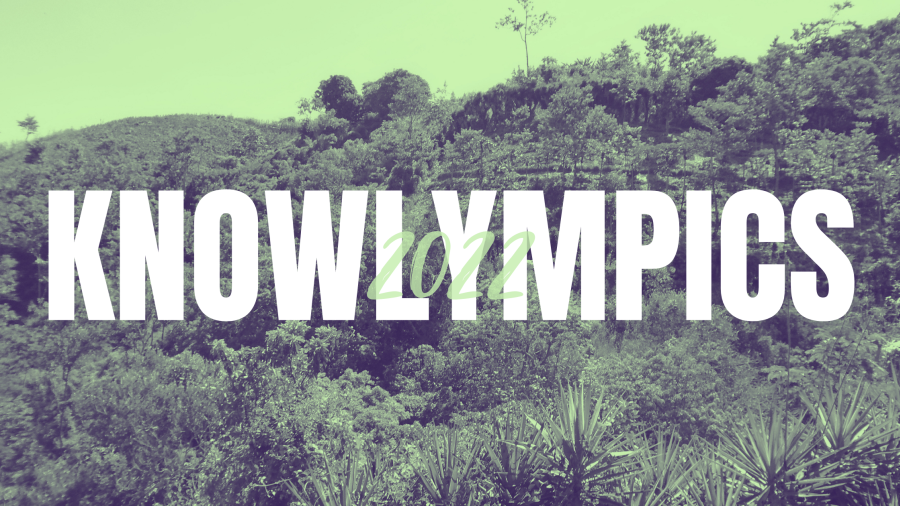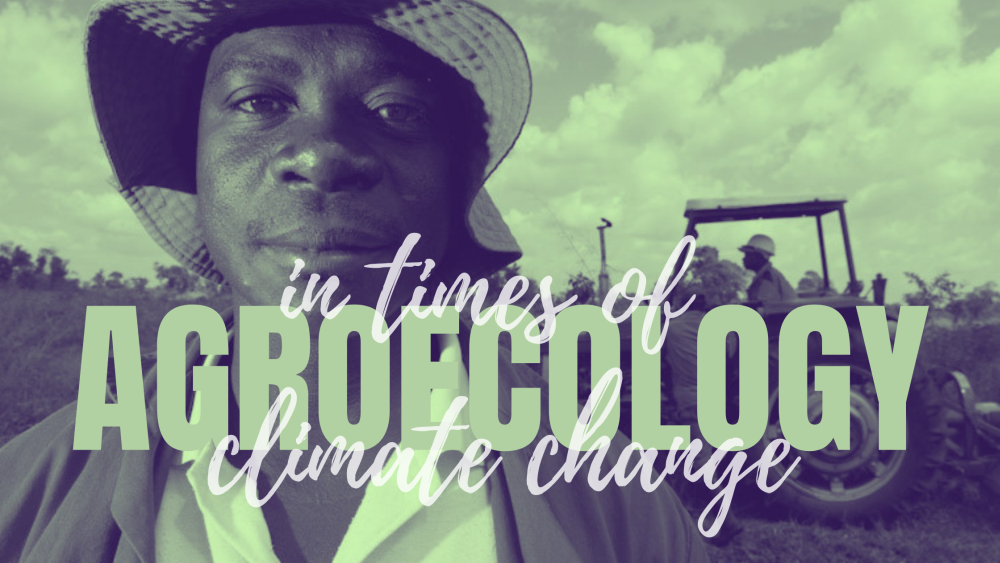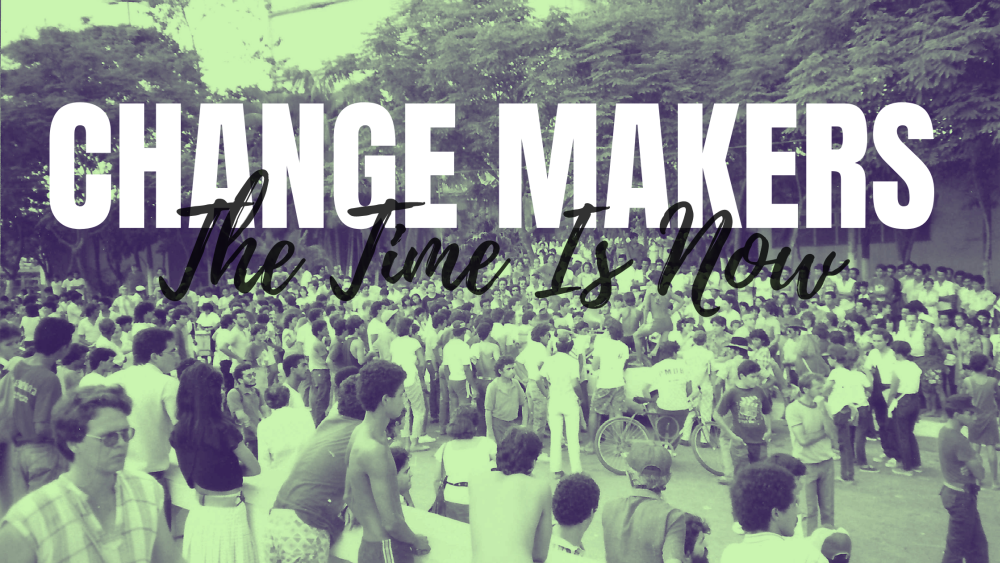Make Your Experiences Count. They Can Change the World.
LET’S BRING ALL OF OUR KNOWLEDGE AND EXPERIENCES TOGETHER.
TOGETHER WE KNOW MORE. TOGETHER WE ACHIEVE MORE. TOGETHER WE DO BETTER.
LET’S BRING ALL OF OUR KNOWLEDGE AND EXPERIENCES TOGETHER.
TOGETHER WE KNOW MORE. TOGETHER WE ACHIEVE MORE. TOGETHER WE DO BETTER.
Published: November 15, 2021
Dear colleagues in our Partner Organisations,
It’s this time of the year again! We are announcing the next round of our KNOWLYMPICS with a special interest focus.
You are probably already familiar with the KNOWLYMPICS. A quick reminder, however, won’t do any harm: In our KNOW-HOW3000 Knowledge Management Programme we have developed an Experience Capitalization Process in order to promote learning and sharing processes among our partners. For this purpose we produce one-page presentations (“Good Practices” and “Learnings from Failure” at a Glance) as well as detailed descriptions (“Good Practices” and “Learnings from Failure” in Detail) based on the experiences and the knowledge provided by partner organisations, and share them on our knowledge platform.

If you have a positive experience (learning from good practice) or negative experiences (learning from failure) related to Agroecology as an Approach to Raise the Adaptive Capacity and Adapt Food Systems to (and/or Mitigate) Climate Change –this year’s KNOWLYMPICS is for you!
This can, for example, include experiences:
Not only will you have the chance to win a PRIZE for your organisation but:
“…those who share always win something – because sharing benefits us all” Caritas Kaolack, Senegal
As usual, we will be drawing winner organisations among all submissions that will receive prizes between 500 and 1000 Euros. Prizes can be used for Knowledge Management purposes according to the needs of the winning organisations. This can be an exchange visit to another organisation, training for your staff, equipment for the office or any other material prize that can be used in the organisation’s daily or project based work.
Remember that all participants win, as every experience will be published on the KNOW-HOW3000 platform and shared within our knowledge network.

“Congratulations for this good initiative, which allows us to share and learn from experiences a partner has made somewhere in the world.” Gilbert Sene, Senegal
In order to participate, fill out one of the following questionnaires…
…and send it to Martina Luger and Petra Herout:
martina.luger@horizont3000.at and petra.herout@horizont3000.at

We are sure you have many stories and experiences with agroecology worth sharing that others can learn from. This is why we are very much looking forward to receiving your submissions!